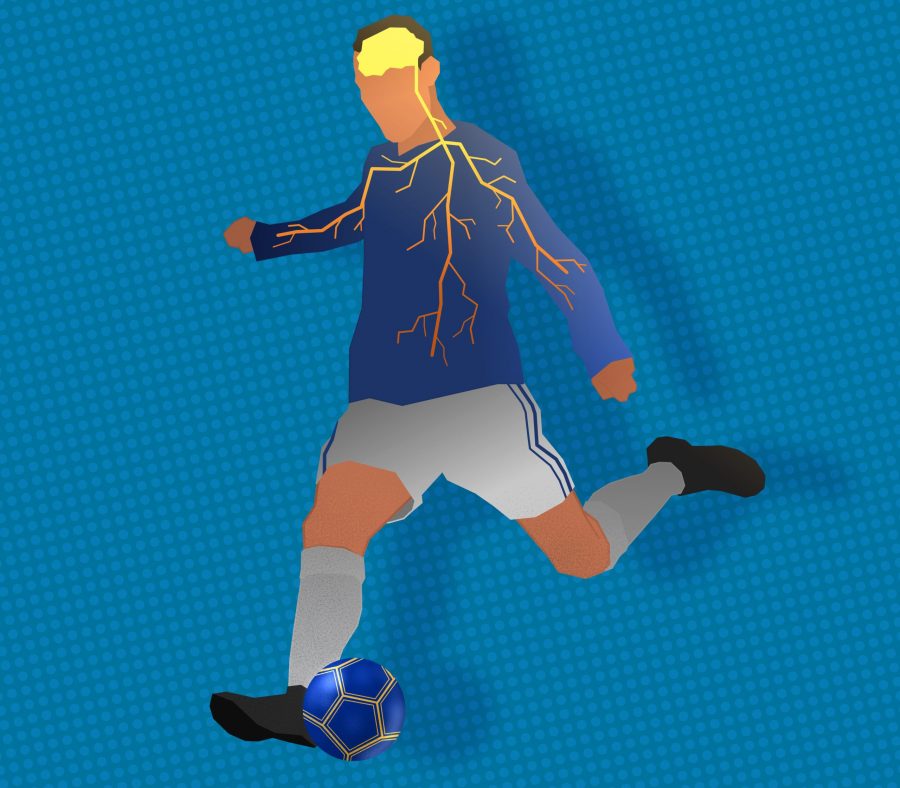While all fall sports seasons got pushed to spring semester due to the impact of COVID-19, teams continue to practice.
However, as the official word on spring season for fall athletes remains undecided, the mental health of athletes suffers.
Despite the onslaught of these mental health tolls on athletes, an expectation and stigma of mental toughness for athletes remains.
Athletes have felt the pressure that comes with trying to find a perfect balance of school, athletics, interests, social life and self care. Often, this balance is a difficult weight to carry, causing athletes to feel extreme mental drainage.
Ray Herd, a sophomore wrestler, said how mental health has affected him.
“For me, personally, it’s been really like stages,” Herd said. “You’ll have a few really good weeks…then something hits or triggers, and you’ll have a downward swing for a while. It just comes in waves.”
Senior soccer captain Salah Aghlaf echoes the same sentiments of Herd.
“[My mental health] has its ups and downs,” Aghlaf said. “Sometimes, [soccer is] just so much stress, but sometimes the game is the escape. That’s just how I look at it.”
Since athletes experience intense pressure around their mental health, finding ways to cope with this stress has become a major priority.
Tyler Markell, a junior on the soccer team, suffered an extreme ankle injury in the 2019 fall season.
“Yes, today may suck, but eventually, there will be a day that will just absolutely knock your socks off,” Markell said. “Yeah, today’s tough, but it could be worse.”
Although working through the pressure of being mentally tough has become necessary, some believe it’s important to work towards ending this stigma.
“I think athletes need to be having more conversations about [mental health],” Cassie Kruse, junior basketball player, said. “If you plan on being on a college team for four years, you will go through waves.
“You will go through times where you are starting and you feel on top of the world. You also will go through times where you feel like you are the worst thing to happen to the sport,” Kruse said.
“So, you have to rely on having quality conversations about mental health because you can’t rely on having good mental health all the time.”
September is National Suicide Prevention Month, making these athletes’ message even more relevant.
Categories:
Athletes battle mental health issues
September 24, 2020
0
Tags:
More to Discover













































































































